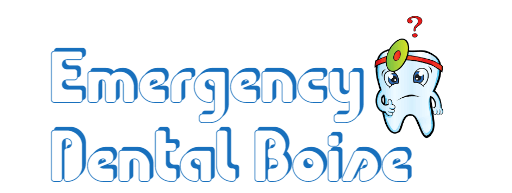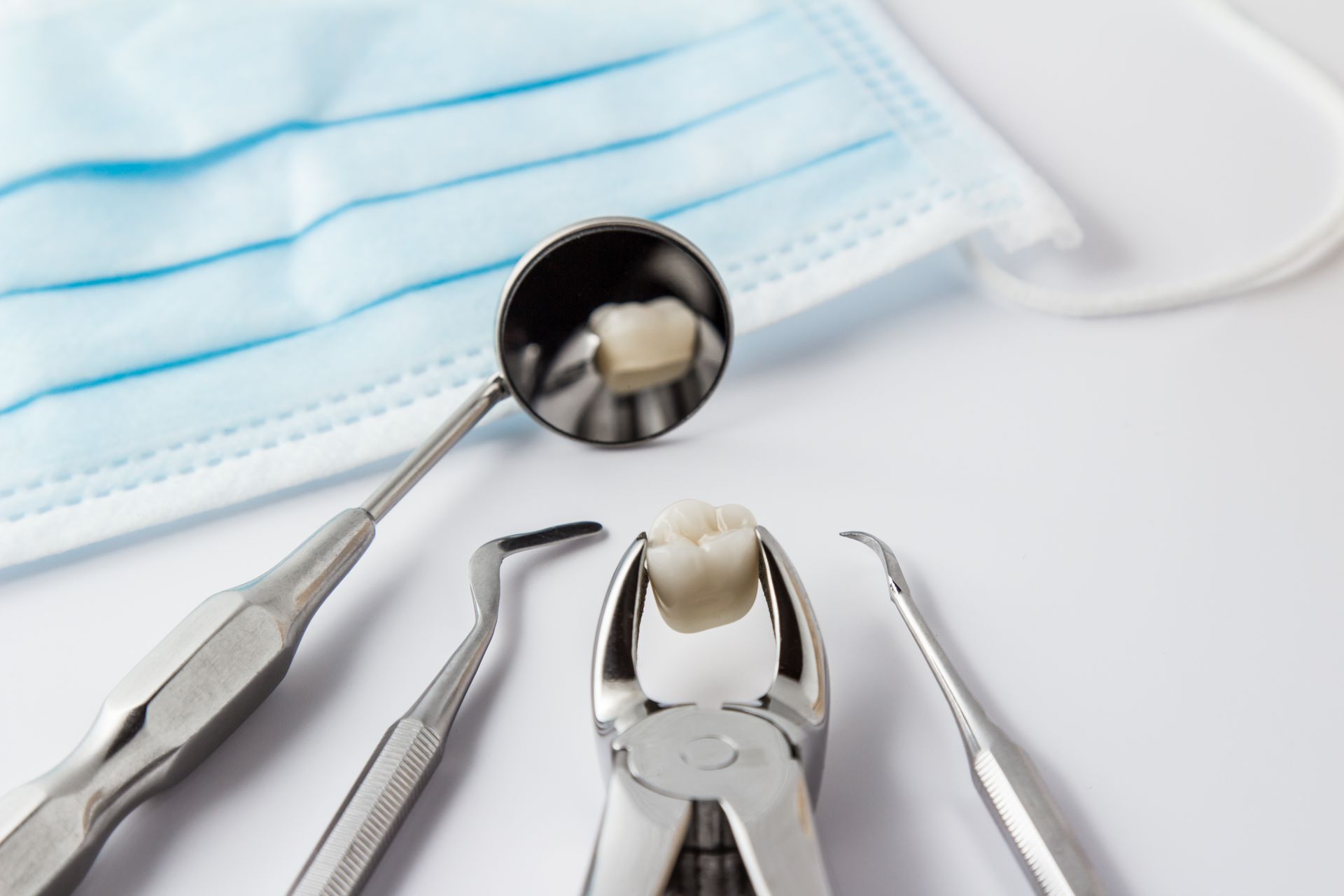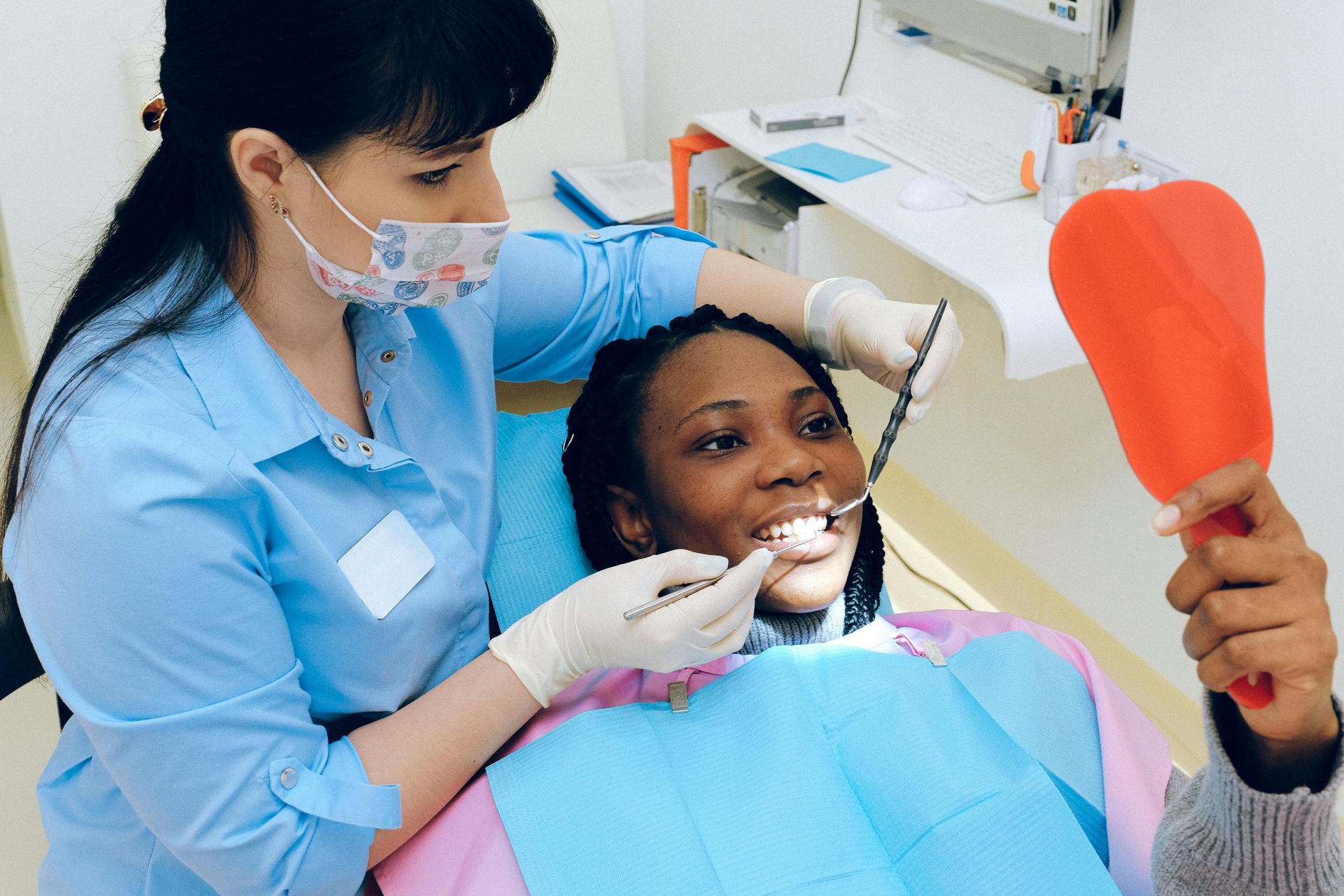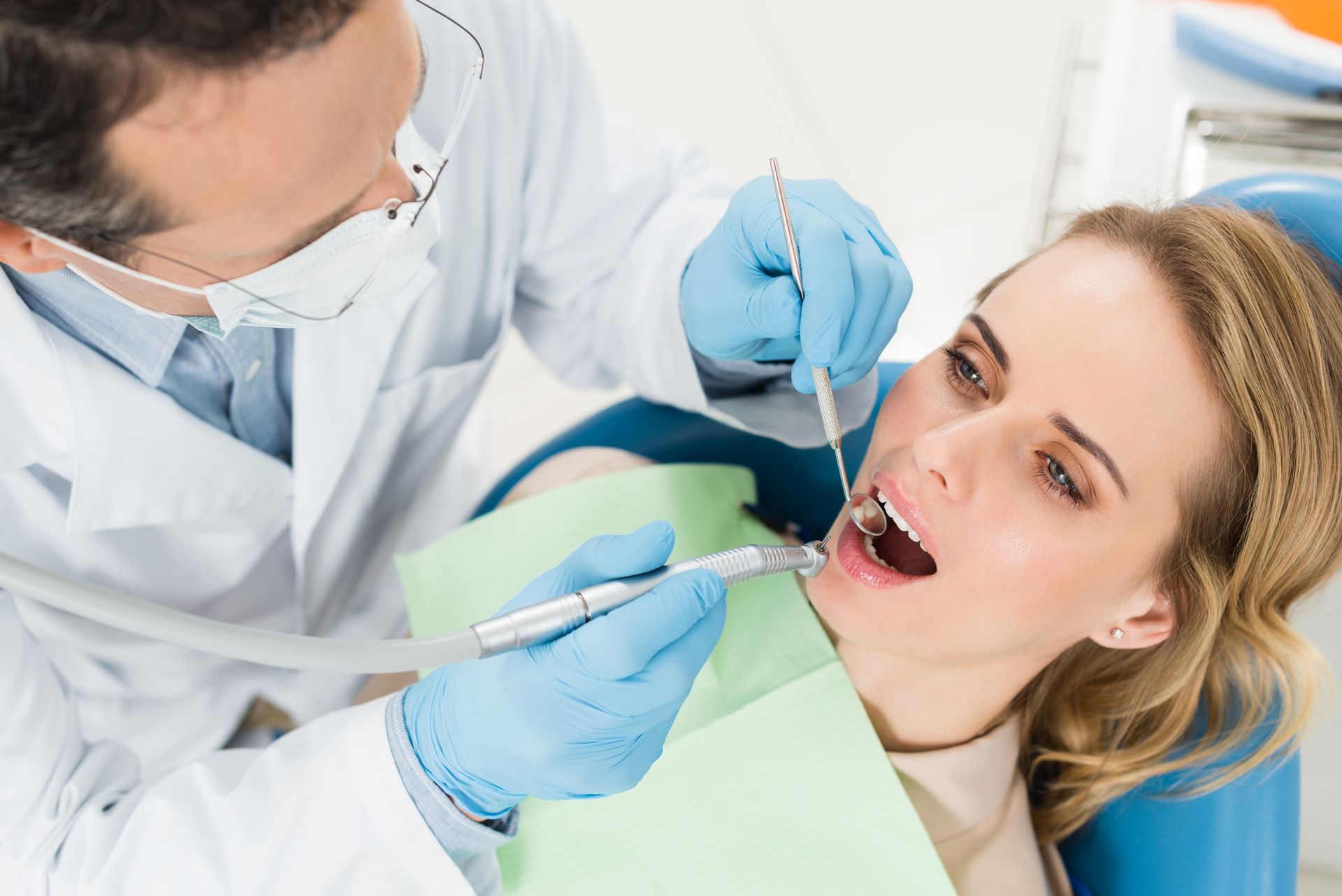Emergency Tooth Extraction: Swift Solutions For Dental Pain Relief
There's nothing quite like the overwhelming agony of a toothache. It feels as if your entire world has come to a screeching halt, and all that exists is you and the unrelenting pain radiating from deep within your mouth. You'd give anything for swift relief and an end to this torture, but you're not alone in this struggle; countless others have experienced the same desperate need for urgent dental intervention.
In this article, we'll walk you through the ins and outs of emergency tooth extraction, providing guidance and support every step of the way. We understand how unbearable dental pain can be, which is why we've gathered all there is to know about recognizing when an extraction might be necessary, exploring alternative treatments, understanding what to expect during the procedure itself, post-extraction care tips for optimal recovery, and preventive measures to help keep future toothaches at bay.
Contact Us
Together, let's dive into these swift solutions that'll bring much-needed respite from that relentless dental distress!
Recognizing the Signs of Needing an Extraction
It's crucial to spot the tell-tale signs that you might need a tooth pulled, so let's dive right in! Toothache triggers can range from mild discomfort to unbearable pain, and it's important to listen to your body when it comes to your dental health. If you're experiencing persistent pain or sensitivity, especially when consuming hot or cold foods and beverages, this could be an indication of an underlying problem that requires attention. Dental infection symptoms also include swelling around the affected tooth, a foul taste in the mouth or the presence of pus, and bad breath even after proper oral hygiene practices are maintained.
In these cases, seeking professional help is essential for both relieving your discomfort and ensuring that any potential issues are addressed before they worsen. As a member of our community who cares about their oral health (and rightfully so!), never hesitate to consult with your dentist if you suspect something isn't quite right. Remember that extractions may not always be necessary; sometimes alternative treatments like root canal therapy or fillings may suffice, depending on the severity of your situation.
However, if an extraction is deemed necessary by a dental professional, know that you're not alone - many others have been in your shoes and have come out smiling on the other side! By staying proactive about recognizing the signs of needing an extraction and taking swift action towards dental pain relief options, you'll be well on your way back to enjoying life without being held back by pesky toothaches.
Available Alternatives to Tooth Removal
While it's tempting to jump straight to removing a troublesome tooth, there are several alternatives that can help alleviate your discomfort. Before resorting to an emergency tooth extraction, consider trying some of these alternative painkillers and natural remedies.
Not only will you feel more connected with others who've successfully found relief through these methods, but you'll also be taking a gentler approach toward your dental health.
- Over-the-counter pain relievers: Non-prescription medications like ibuprofen or acetaminophen can provide temporary relief from dental pain.
- Topical numbing agents: Products like Orajel or Anbesol can be applied directly to the affected area for instant comfort.
- Natural remedies: Clove oil is known for its numbing and antibacterial properties, making it an effective remedy for toothache relief. Similarly, warm saltwater rinses can help reduce inflammation and alleviate pain by drawing out infection.
- Dental treatment options: Depending on the cause of your discomfort, treatments such as fillings, root canal therapy, or crowns might be more suitable than extraction.
Remember that everyone's journey through dental care is unique; what works for one person may not necessarily work for you. However, exploring these alternatives and finding the right solution could potentially save your tooth while still providing much-needed relief from dental pain. Reach out to those around you who may have experienced something similar; their insights could prove invaluable in guiding you toward the best course of action for your specific situation.
The Extraction Procedure: What to Expect
When you've exhausted all other options and extraction becomes necessary, knowing what to expect during the procedure can help ease your anxiety and prepare you for a smooth recovery. Your dentist will walk you through the process, discussing the extraction techniques they'll use and the anesthesia options available to ensure your comfort throughout the procedure. It's essential to ask any questions or voice concerns beforehand so that both you and your dentist are on the same page.
The extraction process begins with numbing the area using a local anesthetic (or another form of anesthesia, depending on your preference). Once numb, your dentist will use specialized tools to loosen and remove the tooth carefully. Here's a brief overview of what to expect during each step:
| Step | Descriptionn | Duration |
|---|---|---|
| 1 | nesthesia application: Local anesthetic is administered to numb the area around the tooth being extracted. Other anesthesia options, like nitrous oxide or oral sedation, may be used based on patient preference and needs. | 5-10 mins |
| 2 | Tooth loosening: The dentist uses an instrument called an elevator to gently rock the tooth back-and-forth until it's loose enough for removal. | 5-15 mins |
| 3 | Tooth removal: Using dental forceps, your dentist grips the tooth firmly yet gently, applying steady pressure until it comes out completely. | 1-5 mins |
Remember that dental professionals are there for support; their ultimate goal is to ensure that you have a positive experience while addressing your dental health needs. By understanding this process and having faith in their expertise, you'll find yourself feeling more comfortable as part of a community working towards better oral health for all.
Post-Extraction Care and Recovery
After the storm of tooth extraction, proper post-extraction care and recovery are your rainbow to a healthy mouth. Taking good care of yourself and following your dentist's instructions can make all the difference in preventing complications and ensuring a smooth healing process. The recovery period might feel isolating, but remember that you're not alone; countless others have gone through this experience as well.
- Infection management: Keep the extraction site clean by gently rinsing with warm salt water after meals and avoiding aggressive spitting or using straws, which can dislodge the blood clot. Take prescribed antibiotics as directed to prevent infection.
- Pain relief: Take over-the-counter pain relievers like ibuprofen or acetaminophen to help alleviate discomfort. Stick to soft foods for a few days and avoid hot or cold beverages that may cause sensitivity.
- Rest: Give your body time to heal by taking it easy for at least 24 hours after the procedure; avoid strenuous activities or anything that could increase pressure on the extraction site.
- Dry socket remedies: If you notice intense pain a few days after the extraction accompanied by a foul smell or taste, contact your dentist immediately, as these could be signs of a dry socket, a painful condition where the blood clot fails to form properly or becomes dislodged from the socket.
Throughout this journey, keep in mind that you are part of an extended community that has faced similar challenges and emerged stronger than before. Your commitment to proper post-extraction care will not only hasten your recovery but also deepen your connection with those around you who share this common experience. And always remember: asking questions, voicing concerns, and leaning on others for support isn't something to shy away from; we're all in this together!
Preventive Measures to Avoid Future Toothaches
Now that you've conquered the extraction process, let's focus on preventive measures to keep your smile healthy and avoid future toothaches. By understanding toothache triggers and incorporating dental hygiene tips into your daily routine, you can minimize the risk of experiencing tooth pain again. Remember, a little effort today can save you from discomfort and dental issues down the line.
It's important to be knowledgeable about common toothache triggers and how to address them. Take a look at this table that breaks down some typical causes of tooth pain and their solutions:
| Toothache Trigger | Dental Hygiene Tip | How It Helps |
|---|---|---|
| Poor Oral Hygiene | Brush teeth twice a day with fluoride toothpaste, floss daily, use mouthwash regularly | Removes plaque buildup which can cause cavities and gum disease |
| Consuming Sugary Foods/Drinks | Limit sugar intake; rinse mouth with water after consuming sugary items | Reduces bacteria growth that leads to cavities |
| Teeth Grinding (Bruxism) | Wear a custom-fitted night guard while sleeping; practice relaxation techniques before bed | Protects teeth from damage caused by grinding/clenching |
| Damaged Fillings or Dental Work | Schedule regular dentist check-ups; report any loose or broken fillings immediately | Early detection prevents further decay or infection |
By following these dental hygiene tips diligently and staying aware of potential toothache triggers, you'll be well on your way to maintaining a strong, healthy smile. Don't forget – taking care of your teeth is an essential part of self-care, so give yourself the gift of good oral health habits. After all, there's nothing like being part of the cavity-free club!
## Conclusion
In the end, your dental health is like a well-tuned orchestra, with every tooth playing its part in harmony. Don't let a painful soloist ruin the performance. Recognizing when you need an extraction and seeking prompt treatment can save you from further complications down the road. Remember to follow post-extraction care instructions and prioritize preventive measures to ensure a healthy, melodious smile for years to come. You've got this especially, you are with the trusted hands of
Boise
Emergency Dental!





